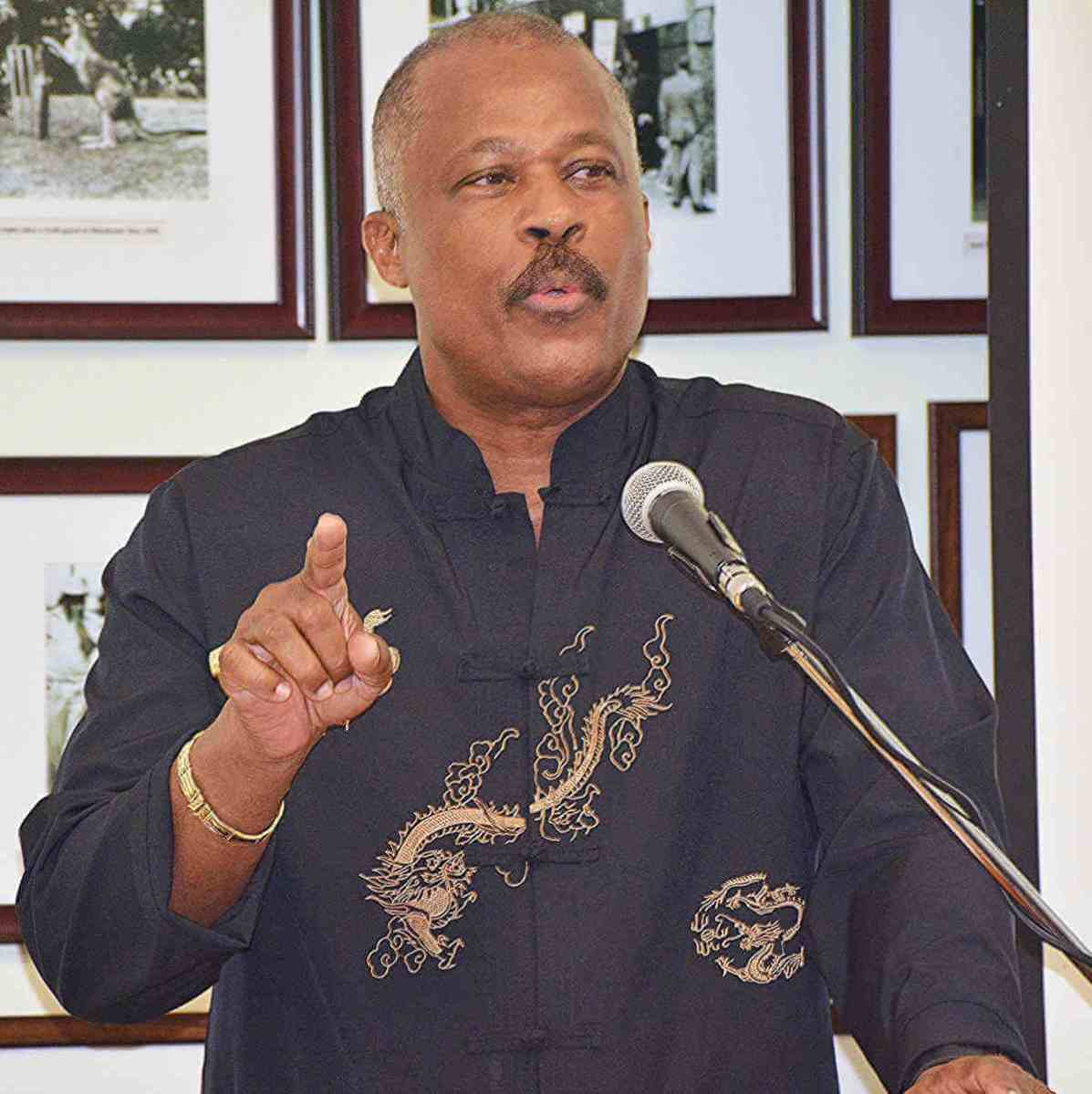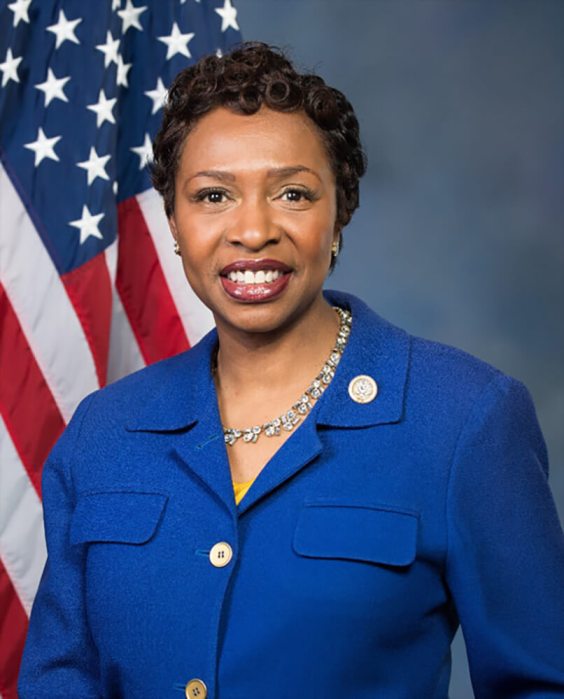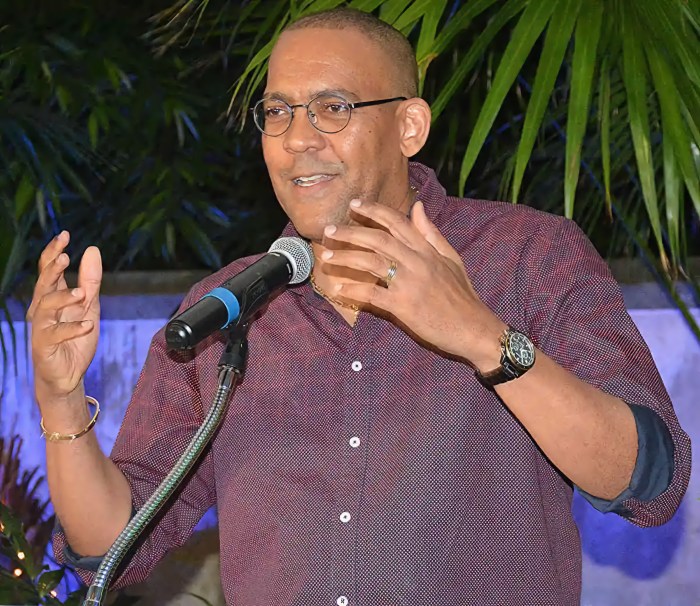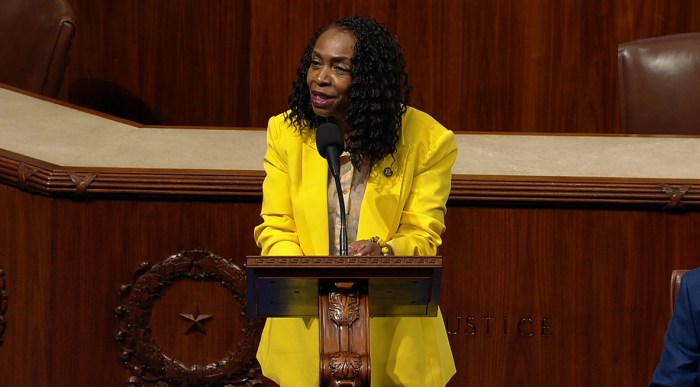The umbrella Caribbean Reparations Commission (CRC) used the opportunity of a session at the United Nations on Monday to lambast Haiti’s former colonizer, France and western nations for punishing Haiti for decades simply because its freedom rebellious fighters had successfully driven out French colonialists more than 200 years ago.
Sir Hilary Beckles, the chairman of the body, told a UN General Assembly meeting in New York that Haiti has been the victim of sustained hostility and oppression from France and other nations as he called for justice for Haitians.
“They should have been held aloft for being the first nation to end the evil of slavery. They should have been held aloft for being the most noble exemplars of freedom and the celebration of democratic possibilities in western modernity. Instead, for their audacity of action they were punished by the western world and demonized rather than deified. They were forced to pay blood money in the form of reparations for having defeated their enslavers,” he said.
France, for example, has only offered to contribute $4 million to the fund for a Haitian stabilization force, a sum Antiguan Prime Minister Gaston Brown deemed as an insult. The US is contributing $300 million and Canada $100 million so far.
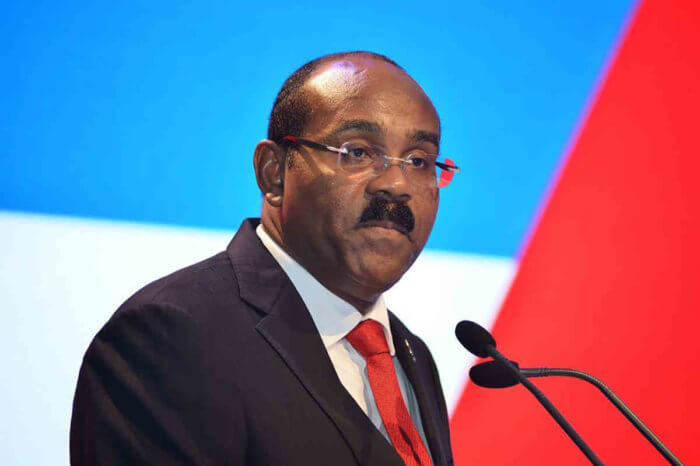
He said that some of the same tactics that were used by the west to suppress Haiti and other countries, are now being used in The Middle East in the Gaza-Israeli war, noting that the world is watching in real time as atrocities are being committed. Nothing has changed, he argued, reminding the world that “these tools and narratives were honed in the cradle of Caribbean history, where the invention of the chattelization of Africans took its first roots.”
“Today, we are called upon to bear witness once again to the methods of military barbarity and the ideologies of ethnic hatred not only in our Americas, not only against the African people, but as we gaze upon the cruelty in Gaza. We know all too well the narrative and the tools of terror. We know these narratives, we know these institutions, and the discussions today are about colonization, racism, genocide, apartheid, infanticide, forced starvation, the animalization of images of human beings, these all tools that we see before our very eyes as we gaze upon our televisions.
His remarks to the UN body came just as CARICOM leaders were dealing with two minor set backs in the interim government they are trying to set up with a multiplicity of Haitian stakeholder groups including political parties, the church and the private sector among others. When up and running, the nine-member council will act as an interim government, preparing the country for long delayed elections, setting up a security commission and formally inviting a multinational peacekeeping force to take on heavily armed gangs controlling large swaths of the capital, paralyzing commercial and other forms of life.
Since this week began, the council has lost two key members to resignations for differing reasons.
René Jean-Jumeau of the Inter Faith group told the council that it made no sense for him to continue representing the church and not have a vote. “I cannot, in good conscience, accept a role as an observer without the ability to act,” Jean-Jumeau told a local radio station on Monday, before informing Caribbean leaders and the council that he is walking away from his position. He also posted his statement on X, formley Twitter. The Inter Faith and private sector representatives have no voting rights on the council.
Hours earlier, Ambassador Dominique Dupuy, representing the Compromis Historique/RED/EDE coalition also abandoned plans to sit on the council citing threats to her life and sustained character assassination. She has since been replaced by Smith Augustin, Haiti’s former ambassador to the Dominican Republic. Dupuy was the lone female on the council. She is Haiti’s incumbent representative at UNESCO and has said that she will remain in her position.
But regional officials dismissed the departure of Jean-Jumeau on Tuesday as a minor setback arguing that there are so many eligible church representatives that it would be easy for him to be replaced. A replacement is expected later on Tuesday.


